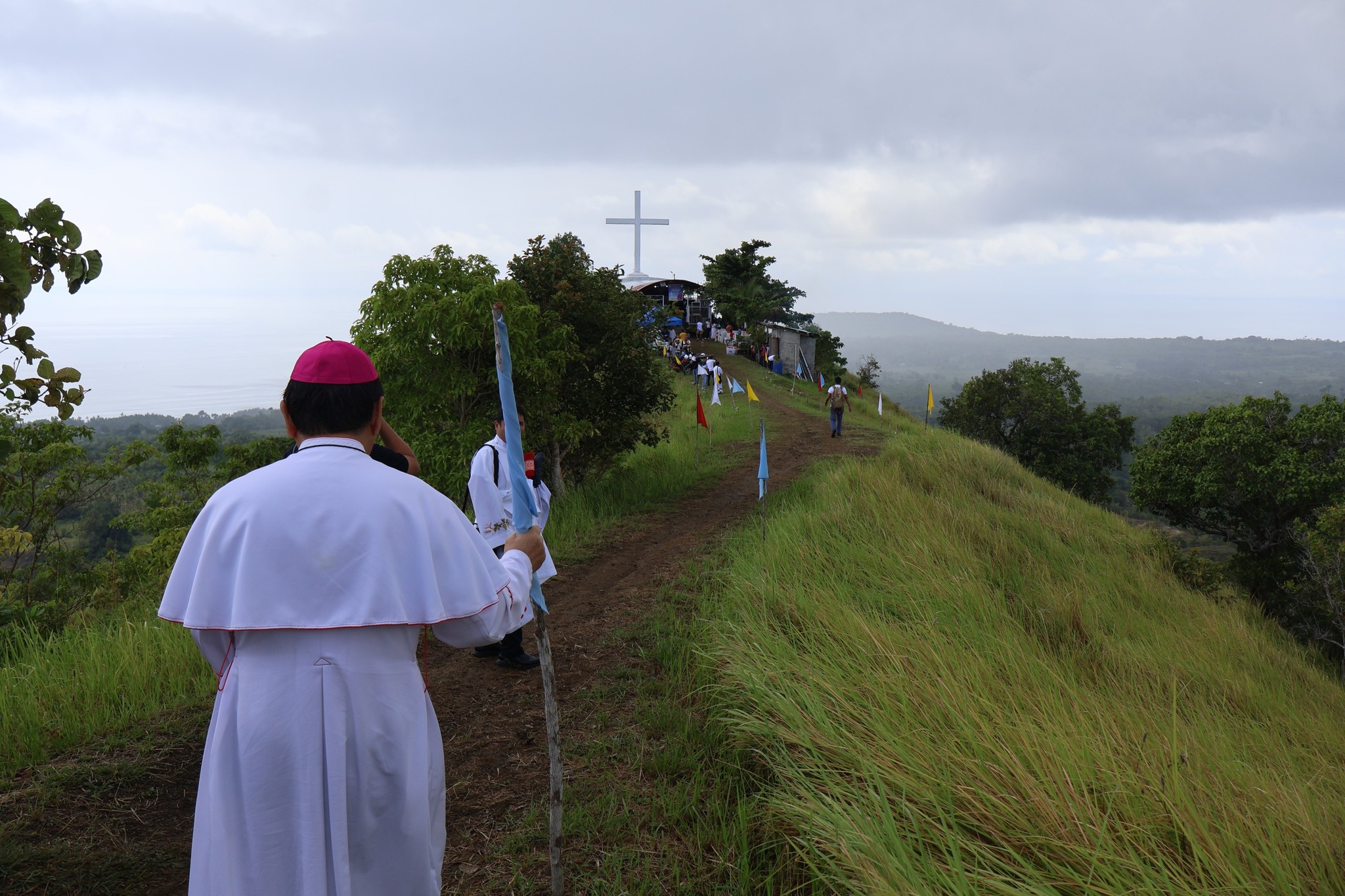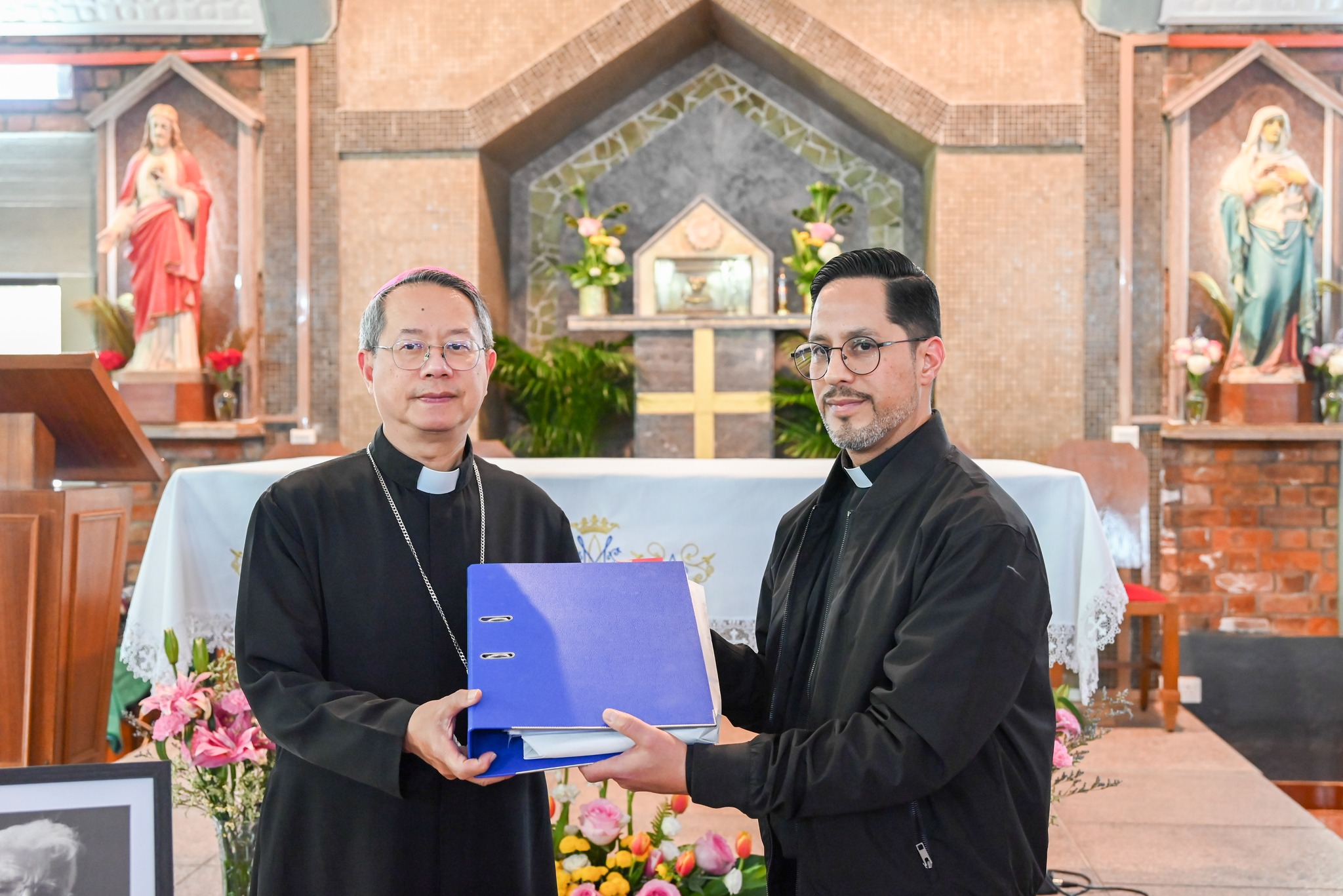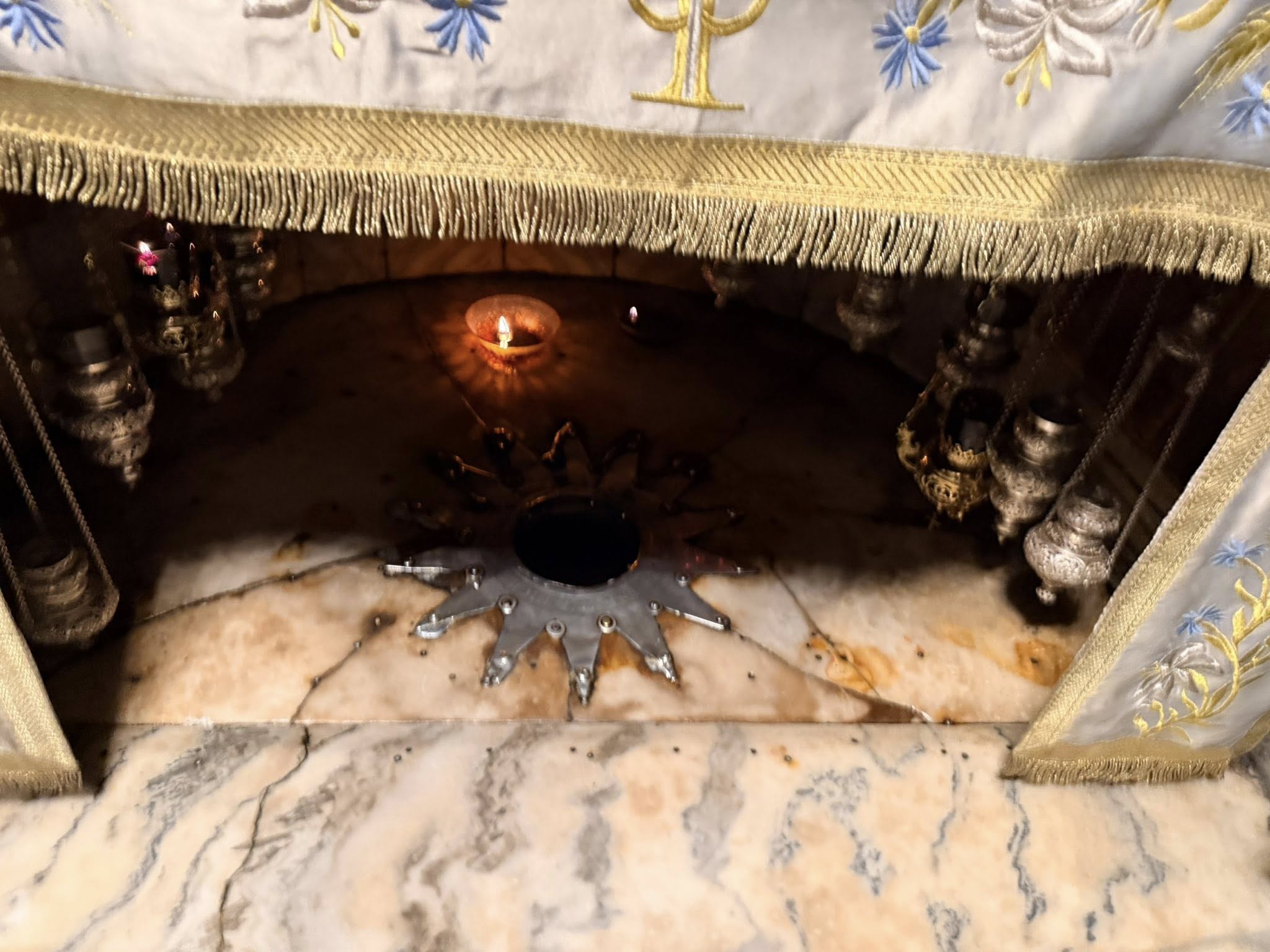JERUSALEM
An Arab doctor and an ultra-Orthodox Jew find common ground in a covid ward
(Washington Post) When Jesse Michael Kramer was hospitalized with the coronavirus, he realized as soon as the doctor in the spacesuit introduced himself that it would be a rare encounter.
Kramer is an Israeli ultra-Orthodox Jew; Fadi Kharouf is a Palestinian Muslim.
“Fadi, it’s an Arab name,” Kramer, 75, said as he recalled his time at Jerusalem’s Hadassah Ein Kerem Hospital, once he was back home convalescing in the ultra-Orthodox neighborhood he seldom leaves. “He was very good to me.”
Such unlikely meetings have become more commonplace after the pandemic struck with particular fury in Jerusalem’s most insular and religious Jewish enclaves, just a few miles — but cultural light-years — from the Arab neighborhoods where Kharouf and other Palestinian physicians and nurses live.
The pandemic has created a bridge between their worlds. Hundreds of Jewish covid-19 patients are being treated by Arab practitioners they might never meet outside the hospital. Sick Palestinians are getting care from Jewish medical staff they might otherwise avoid.
For many health-care workers, exhausting themselves shift after shift, this shared fight against a common enemy has provided a boost of mutual esteem amid the dark days of crisis.
The coronavirus outbreak is the latest emergency that medical staff have had to address across ethnic lines. At times of war and terrorism, assailants and victims often end up in the same emergency room, treated by both Jews and Arabs.
Pakistan
Christians denied COVID-19 aid
(Aleteia)There have been reports of COVID-19 emergency aid staff on the ground refusing to give help to non-Muslims as the donations had come as Zakat charitable offerings, in accordance with Islamic Shari‘a law.
NGOs and Muslim leaders in Pakistan stand accused of refusing to give COVID-19 emergency aid to Christians and other religious minorities – even though they are among those worst affected by the pandemic.
Cecil Shane Chaudhry, Executive Director of the National Commission for Justice and Peace, a Catholic-run human rights organization, described reports of religious organizations and mosques making announcements telling Christians not to come forward for food and other emergency handouts.
Speaking to the Catholic charity Aid to the Church in Need, Chaudhry said Christians and other religious minorities were particularly in need of help as many are in the lowest paid jobs, dependent on daily wages, and on the breadline, with work drying up because of the lockdown.
And, stressing how minority women were especially at risk, he called on the Pakistan government to provide masks, gloves and other COVID-19 protective equipment for sanitary workers and domestic workers – many of whom are Christians.
Pakistan has 32,819 confirmed cases of Coronavirus, according to latest reports, with 733 deaths, although Mr Chaudhry stressed many cases were going unreported.
ROME
Pope joins interreligious prayer, begging God to end pandemic
(CNS) At a time of global “tragedy and suffering” because of the coronavirus, and in view of the long-term impact it will have, believers of every religion should beg mercy from the one God and father of all, Pope Francis said.
During his early morning Mass, Pope Francis joined leaders of every religion marking May 14 as a day of prayer, fasting and acts of charity to ask God to stop the coronavirus pandemic.
The day of prayer was called for by the Higher Committee of Human Fraternity, an international group of religious leaders formed after Pope Francis and Sheikh Ahmad el-Tayeb, grand imam of al-Azhar, signed a document in 2019 on promoting dialogue and “human fraternity.”
During the pope’s Mass, livestreamed from the chapel of the Domus Sanctae Marthae, he said he could imagine some people would say that gathering believers of all religions to pray for a common cause “is religious relativism, and you can’t do it.”
“But how can you not pray to the Father of all?” he asked.
“We are all united as human beings, as brothers and sisters, praying to God each according to our own culture, traditions and beliefs, but brothers and sisters praying to God,” the pope said. “This is important: brothers and sisters fasting, asking God to pardon our sins so that the Lord would have mercy on us, that the Lord would forgive us, that the Lord would stop this pandemic.”
Tej Francis


 Follow
Follow


